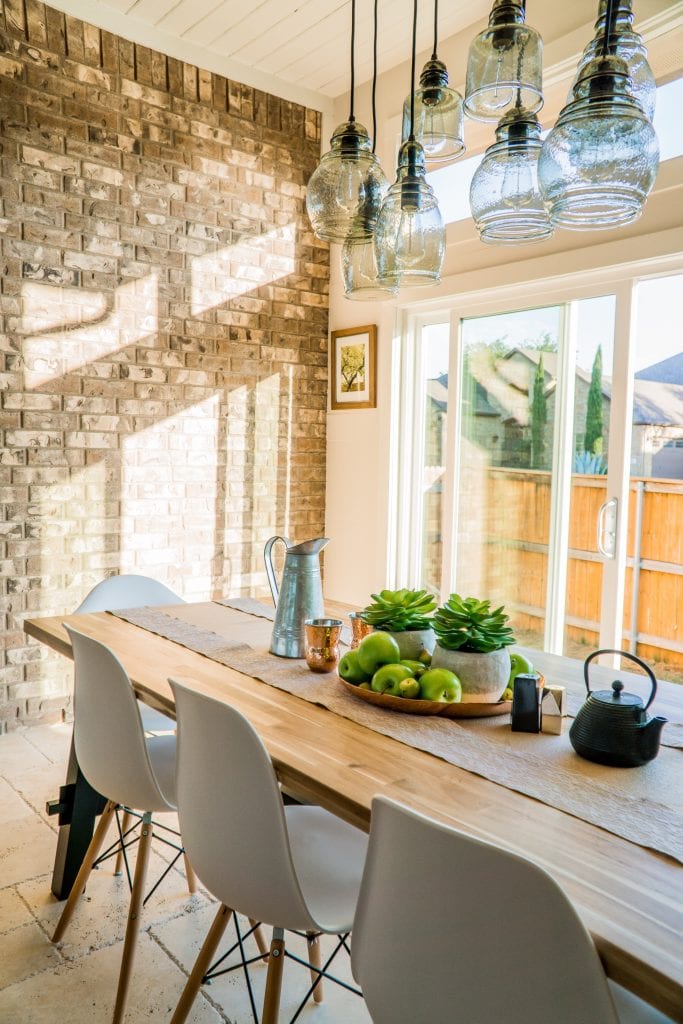Good news is that the property market is reopening. I’ve seen some clever innovation during the lockdown, including appraisal for marketing by a virtual Facetime tour. Simple, clever, effective.
However, before you cats and kittens get all dizzy with your property buying antics, can I interrupt the excitement with piece of advice. Here it is (and sing it with me now):
If you are not married and especially if one of you is putting in more than the other, get a deed of trust setting out shares, particularly if you want your initial input back before sharing.
If you put in, say, the £10,000 that you mum and dad gave you and the property is in joint names, equal shares, then if you break up, it will be equal shares across all proceeds unless you specify that you are going to get your £10,000 back first. It really is that simple. Plan for the worst, hope for the best.
I’d also like to put a good word in here for the Living Together agreement. This is a good idea, minimising dispute when a couple move in together either in rented property or one that you are buying. It supplements a deed of trust and can deal with things like:
- What happens to the rental deposit – maybe one of you paid it so you want to be sure you get it back and it is not paid out to both
- What happens about payments of bills
- What happens about things you buy jointly
- What happens about moving out of the property if the relationship breaks down and if you are property owners, setting up a mechanism for one of you to buy out the share of the other.
You can have a Living Together agreement if you are moving into a property that is new for both of you or if you own the property and your new partner is moving in. Those are a really good idea to protect your asset and set the grounds rules.
These agreements can also be used for friends buying property together, which is becoming more common, giving the price of property nowadays. Friends buying would not be in a ‘couple’ so they would definitely need a deed of trust and a Living Together agreement is a great idea to set out who is paying what, who can move in friends or not, buying out shares – even decorating.
Of course, get excited about moving into a new home but plan for things going a bit awry. The discussions might be awkard or you might feel uncomfortable but if you can’t have these conversations now, trust me the same conversations are going to be ten times worse if things have not gone as planned and you are not in a happy place in the relationship.
If you need help in setting up a Deed of Trust or a Living Together agreement, contact me. I offer an agreed fee for this type of work.

